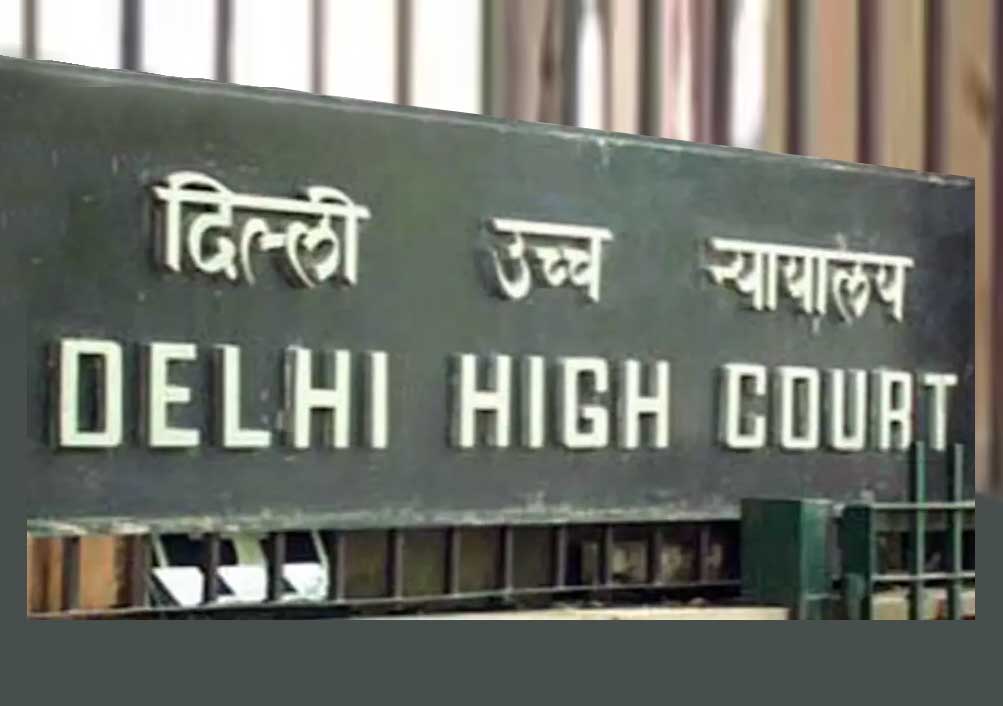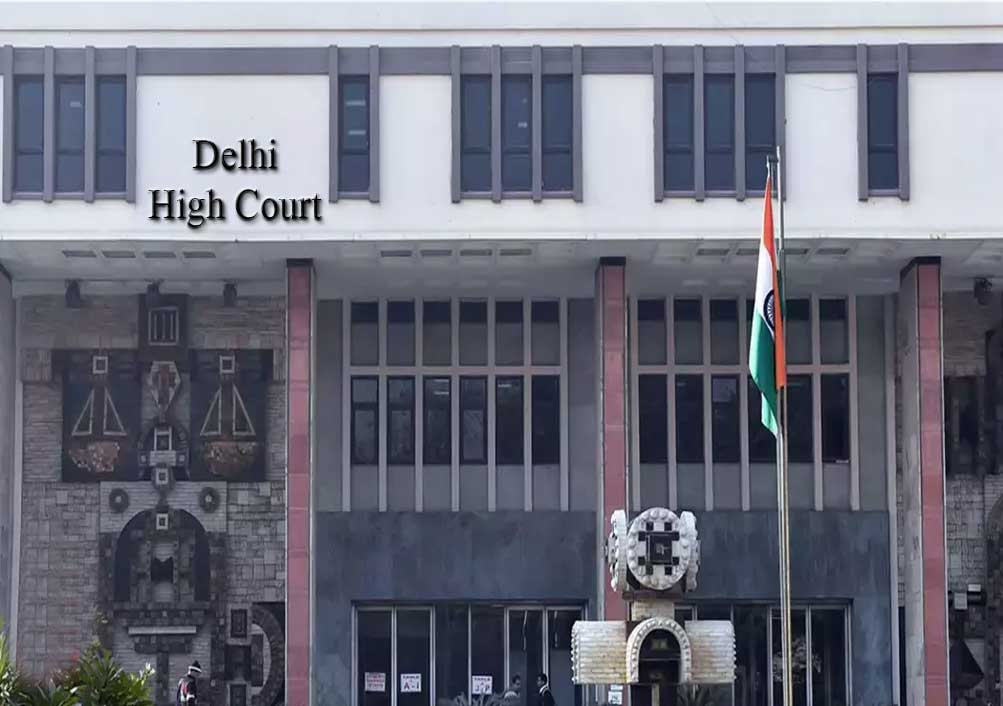In W.P.(CRL) 394/2022 & CRL.M.A. 3365/2022-DEL HC-Standard of evidence required to initiate proceedings under Extradition Act is only to establish prima facie findings; Court’s intervention required if alleged lack of disclosure amounts to violation of Natural Justice: Delhi HC Justice Chandra Dhari Singh [11-05-2022]

Read Order: JOSE INACIO COTA Vs. UNION OF INDIA AND ORS.
Mansimran Kaur
New Delhi, May 14, 2022: The Delhi High Court has held that under Section 7 of the Extradition Act, 1962 and Article 11(3) of the Extradition Treaty between the Government of the Republic of India and the Government of the United Kingdom of Great Britain and Northern Ireland, the enquiry by the Magistrate is limited to evaluating whether a prima facie case is made against the party.
A Single Judge Bench of Justice Chandra Dhari Singh dismissed the present writ petition instituted under Article 226 of the Constitution by observing that under Article 226, the scope of inquiry of this Court is limited and can only be exercised in exceptional circumstances. Thus, the only circumstance where the petitioner’s concern of ‘lack of disclosure of evidence’ would require an intervention from this Court would be if such alleged lack of disclosure amounts to a violation of the Principles of Natural Justice, added the Bench,
The facts of the case were such that the petitioner, a Portuguese national and born in Goa, was accused of committing a rape of a lady in London in a pub. The petitioner returned to India and was charged with the offence of rape under Section 1 (1) of the Sexual Offences Act, 2003 of UK. Subsequently, Extradition proceedings were initiated against the petitioner. Amid this situation, the petitioner approached the Apex Court under Article 32 of the Constitution of India. but his petition was dismissed. Thus, the petitioner being aggrieved on the initiation of Extradition Proceedings against him approached this Court for seeking directions to be issued to the respondents to make full disclosure of the evidence collected at the time of investigation.
The Court after referring to the relevant statutes, observed that in the instant case, the evidence envisaged under Section 10 of the Act was produced before the Magistrate for inquiry into the Extradition Proceedings. It was further observed that the Court has to arrive at a conclusion where there is prima facie evidence that an extraditable offence may have been committed. Whether the evidence is sufficient or fit for conviction or acquittal is a matter of trial, the Court noted. In view of the aforesaid observation, the Court stated that the issue before this Court was not whether a prima facie case was made out or not and thus this Court refrained itself from dealing with the same.
With respect to the present petition being instituted under Article 226, the Court observed that scope of inquiry of this Court is limited and can only be exercised in exceptional circumstances. Thus, according to the Bench, the only circumstance where the petitioner’s concern of ‘lack of disclosure of evidence’ would require an intervention from this Court would be if such alleged lack of disclosure amounts to a violation of the Principles of Natural Justice, which was not the case in these circumstances. Reliance was placed on the case of Natwar Singh Vs. Director of Enforcement.
According to the Bench, the Magistrate noted sufficient reasons to uphold a prima facie case being made, including a number of evidence as mentioned in the Extradition Petition. The Court stated that in order for Article 9 to be applicable, the petitioner must reasonably satisfy the Court that request for his extradition has been made for the purpose of prosecuting him on account of his race.
It was also observed that the petitioner was evading the process of law and requisite evidence for extradition proceedings had also been supplied. It was also observed that no case of violation of scheme or provisions of the Extradition Act or Treaty has been made out. Lastly, the Court held that there was no proof on record to show that the petitioner was arraigned with a racial motive. Accordingly, the writ petition was dismissed.
Sign up for our weekly newsletter to stay up to date on our product, events featured blog, special offer and all of the exciting things that take place here at Legitquest.




Add a Comment